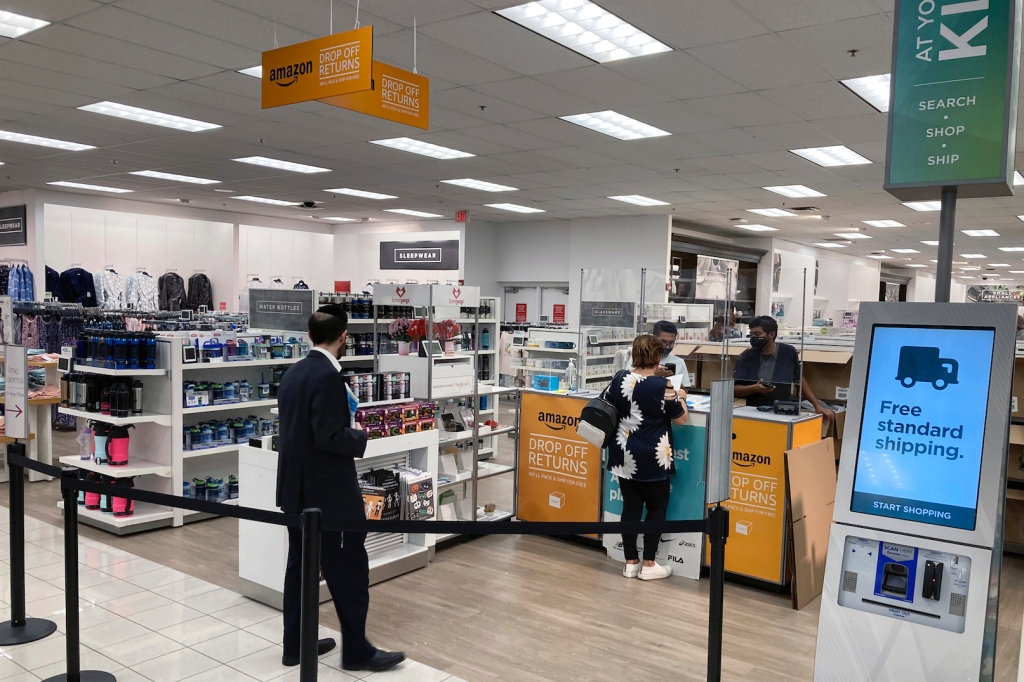
Decision On Travel Time And Waiting Time May Signal A Troubling Trend | Fox Rothschild LLP
[ad_1]
I have handled many working time cases, such as travel time and waiting time cases. A recent case coming out of Maryland spells trouble for employers on these issues. A court has ruled that waiting time, at the jobsite, and traveling to and from a site might be compensable under certain (relaxed) circumstances. The case is entitled Amaya v. DGS Construction, LLC and issued from the Supreme Court of Maryland.
The workers sued for waiting time and travel time before and after working at a construction site. The workers had to report to an off-site location, park their persona cars and then take Company provided shuttle vans to the construction site. They would then go through a security screening, secure their tools, get orders from their supervisor, and then commence work. At the close of their shifts, they would reverse the process. They were paid, however, only for the time spent actually working at the job site.
The Company followed the Portal-to-Portal Act (“PPA”), which sets out the premise that traveling to work is a preliminary activity that is not compensable. The plaintiffs here asserted that the federal law did not apply to claims made under the Maryland Wage and Hour Law and Maryland Wage Payment and Collection Law. The Court agreed, finding that the PPA had not been adopted by the State of Maryland. Thus, the Court relied on a scrutiny of Maryland state law, as opposed to federal law. Under that state law, the workers could be entitled to compensation for time reporting to the staging area and being shuttled into work as well as traveling to the jobsite.
If the workers ultimately win their case, the damages would be significant, even if the travel time was paid at minimum wage (which I believe it could be). The Court estimated that the workers spent two hours per day in this travel/waiting scenario. That shows what the potential liability could aggregate to. If a State law (like Maryland) has a broad definition of “work,” which could be read to include this kind of waiting/travel time, then this case will (or could) have much more sweeping ramifications.
The Takeaway
There has been an increasing amount of litigation in these screening and staging area continuation-of-home-to-work commutation to make me (and employers) sufficiently concerned. I think the staging area cases are easier to defend, especially if there is a security-based reason for the meeting place, like at an airport. The kicker is that the employees were ordered to report to the staging area. If the employees could go directly to the job site from their homes, these travel times would then be mere home-to-work commutes.
No matter how long it took…
[View source.]
[ad_2]
Source link


